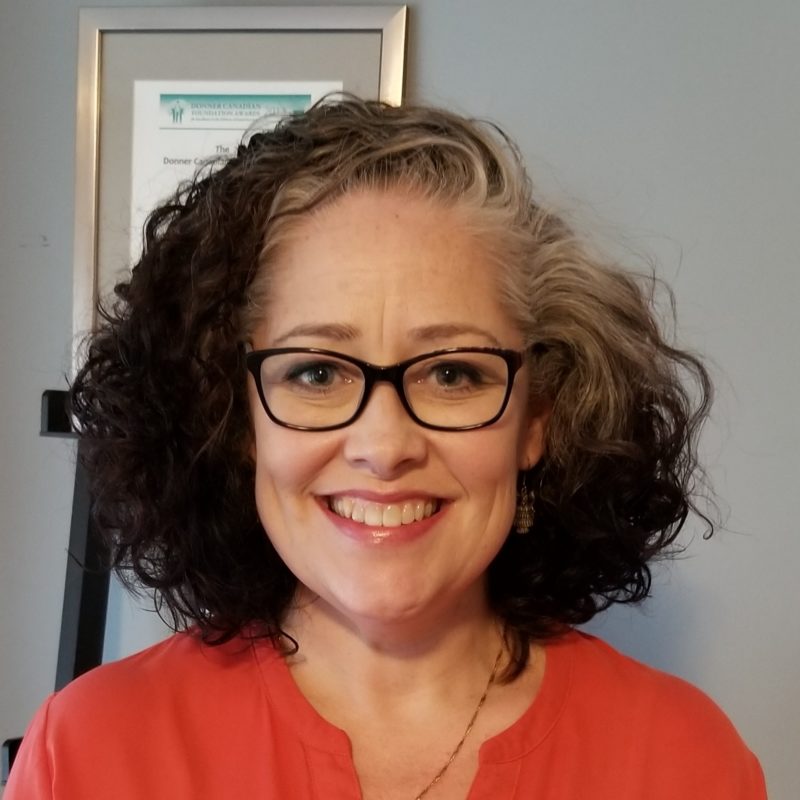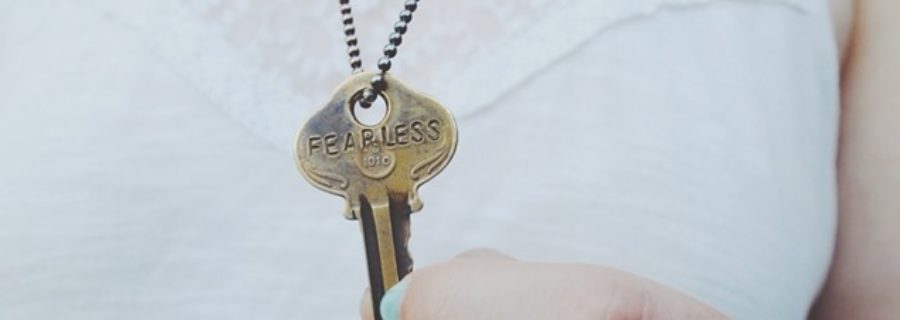This is a guest post from Alice House
(Member since 2005)
Shifting to work from home due to the far-reaching impact of COVID-19 has had its toll on Heather Byrne. The Alice House Executive Director has to accommodate three workspaces: those of her husband and their two children under the age of 12 – her new work mates. It’s a big change from her organization’s usual day-to-day operations, which would normally include in-person meetings with clients and staff.
“My spouse and I are working and trying to deliver on our roles as business professionals from home,” says Byrne. “But minor children at home and working full time are two jobs in one.”
A social work graduate from the University of Victoria and currently pursuing an MBA from the University of Fredericton, Byrne has been working for over a decade with women experiencing gendered violence.
“When my second job is keeping women and children safe from the rising at-home violence, it can be overwhelming,” says Byrne. “There have been a lot of losses as well as violence over the last six weeks.” With her team, she provides safe housing and recovery support to women and children fleeing their homes due to domestic violence.
Alice House has been in the community for over 35 years and has served thousands of individuals and families. During the pandemic, there has been an increasing need and demand for Alice House’s services from women who experience violence in isolation.
“Our work is 80 per cent face to face with clients and within our team. So the switch to working from home was massive. Makes you feel women’s lives are hanging in the balance,” says Byrne.
The team’s main challenge during the pandemic is supporting traumatized women without meeting them. “Safety assessment, integration into our program, orienting the women and children to their new home in a supportive and anxiety reducing way is a cornerstone of our services delivery,” says the executive director who now has to accomplish all of these tasks without encountering her clients.
Under the public health guidelines and with closures of schools and libraries, Alice House had to adjust the level of other services it provides. Their efficient levels of grocery runs, transportation and overall support were disrupted. Mothers isolated at home with children and no other parenting support is a new challenge the team has been navigating.
Nevertheless, as one of the very few resources for women at risk, Alice House remains positive. The team reaches out and connects with their clients more often. “We continue to be a resource for women who are trying to flee abusive relationships in addition to providing food security, and safety to vulnerable families who are at risk of violence,” says Byrne.
With the help of a grant from United Way, Alice House was able to install internet services in all of their 18 housing units. Additionally, they’re working on acquiring Chrome books and/or tablets for the children so they can keep up with school but also for the women to access important updates, additional services and be able to connect with friends and family.
“Throughout the day, we are working together over the phone or video meetings to provide effective case management, and we work together in making decisions and solving problems the way we did in the office before COVID-19,” Byrne says. They’re also supporting women with counselling sessions through video or over the phone. They deliver care and activity packages to the children and offer them video chats with a counsellor as well.
Furthermore, Alice House received funding from the Nova Scotia Advisory Council on the Status of Women plus federal support through Women and Gender Equality. “With that funding, not only were we able to keep all of our staff, but we were also able to hire an additional staff member to provide support for our expanded ‘COVID-19’ services including our Food Security Program,” says Byrne, who’s been following updates posted by the Halifax Chamber.
With an eye on the future, Byrne is concerned with the long-term impact of isolation and social distancing. It will affect their fundraising plans and achieving their annual target to remain operational. “In order to maintain our housing units, delivering community support and an appropriate level of staffing, we have to fundraise $225,000 annually.”
The financial target is achieved through a mix of solicited foundation grants, corporate sponsorships and donations, individual donations and special events. “In a typical event we could expect to raise between $40, 000 and $50,000, but the likelihood of us being able to host something similar is looking slim,” says Byrne. She anticipates COVID-19 will impact all those areas for months down the road.
However, community response to Alice House has been overwhelmingly positive during this difficult time. “We are receiving email support, phone calls and inquiries about what we need and how our community can help,” says Byrne. “We have tablets donated, people making financial contributions online and many are thanking us for continuing to provide services like ours. We have received wonderful support from FeedNS and Royal LePage Atlantic as well.”
Alice House provides a vital role in the community now and more than ever with the rising violence during isolation. “A woman’s risk of violence actually increases when she leaves an abusive relationship,” Byrne says. “That’s why we are still working and why we are still providing safe housing to 18 vulnerable women and families.”
“We are essential, and we are still here,” says Byrne, attesting that the 35-year support and safety provided by Alice House has been lifesaving on countless occasions.

< Back to Articles | Topics: Member Profile

